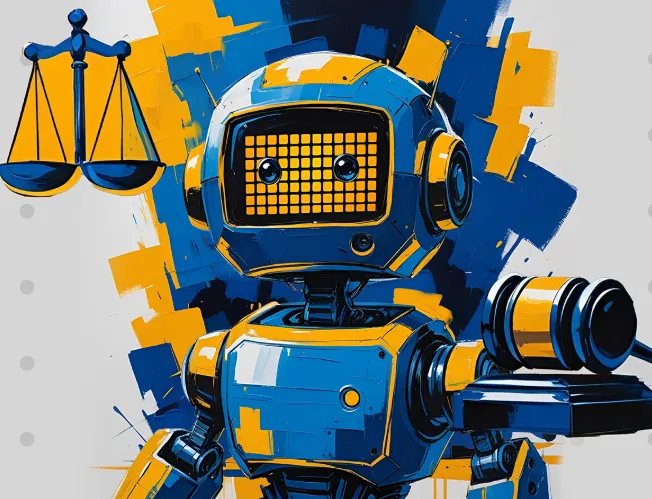New York, August 27, 2025 – The conversation around artificial intelligence in education has shifted from speculation to urgency. As AI tools become inseparable from student life, institutions are under mounting pressure to clarify how, when, and why they should be used. In response, Litero AI, a company dedicated to academic integrity, has introduced the world’s first Ethical Codex for AI in higher education.
This new framework was shaped with contributions from globally respected institutions including Stanford, Harvard, Oxford, and Carnegie Mellon. What sets it apart is its adaptability—it is designed to work across disciplines, cultures, and regions, offering a universal standard for universities to adopt. Its purpose is clear: to move from fragmented, inconsistent approaches to a comprehensive set of guidelines that promote fairness, responsibility, and transparency in the use of AI.
Why the Codex Matters Now
The timing could not be more critical. The use of AI by students is rising at a staggering pace. A recent study cited by The Guardian revealed that 92% of students already use generative AI tools, compared with just 66% the year before. Yet despite this explosion in adoption, only about one in three students receive formal guidance from their universities on how to use these technologies appropriately.
The absence of consistent rules has created confusion and conflict. Some universities outright ban AI, others cautiously encourage it, and many avoid addressing it altogether. This lack of clarity has fueled mistrust, accusations of misconduct, and in some cases, severe consequences. One widely reported case involved a student expelled from the University of Minnesota for alleged AI use, which led to the loss of his visa and a federal lawsuit. Such incidents highlight not only the risks to students but also the legal and financial exposure institutions face.
Meanwhile, the cost of enforcement continues to soar. U.S. universities are estimated to spend nearly $200 million each year on monitoring software, investigations, disciplinary committees, and policy drafting. These efforts, often punitive in nature, are proving both expensive and ineffective.
What the Ethical Codex Offers
Against this backdrop, the Ethical Codex presents a fresh alternative. Rather than relying on prohibition and punishment, it provides a framework for constructive integration. Its principles emphasize:
- Transparency – Students should disclose when and how AI is used in their work, ensuring academic integrity without penalizing innovation.
- Fairness – Policies must apply consistently, avoiding discriminatory enforcement or biased interpretations of misconduct.
- Best Practices for Faculty – Professors are encouraged to set clear expectations, model responsible use of AI, and support students in developing critical skills alongside technology.
- Support and Training – Universities should provide resources and guidance, so students and faculty alike understand both the potential and limitations of AI tools.
By grounding AI use in principles of openness and accountability, the Codex seeks to shift the conversation from fear to trust.
Shaping the Future of Academic Integrity
Alexey Pokatilo, CEO of Litero AI, captured the spirit of the initiative: “We live in the age of AI. There is no benefit in ignoring it. The real opportunity lies in weaving it thoughtfully into education so that it enhances, rather than erodes, academic integrity.”
The Codex is more than a set of rules—it represents the beginning of a global movement. Litero AI has already announced plans to collaborate with universities, policymakers, and student organizations worldwide to refine the framework. Over time, the hope is that the Codex will become the foundation for a widely recognized global standard, much like ethical guidelines in research or medical practice.
A Step Toward Responsible Integration
The launch of the Ethical Codex underscores a profound shift in how education systems must adapt to technology. The question is no longer whether students will use AI—they already are—but how institutions can guide that use responsibly. By setting principles that balance innovation with accountability, the Codex aims to help universities navigate the challenges ahead with clarity and confidence.
As higher education grapples with one of its greatest transformations in decades, this framework offers a pathway forward: a future where AI is not a source of division or punishment, but a tool for deeper learning, stronger integrity, and more equitable opportunities for students around the world.





